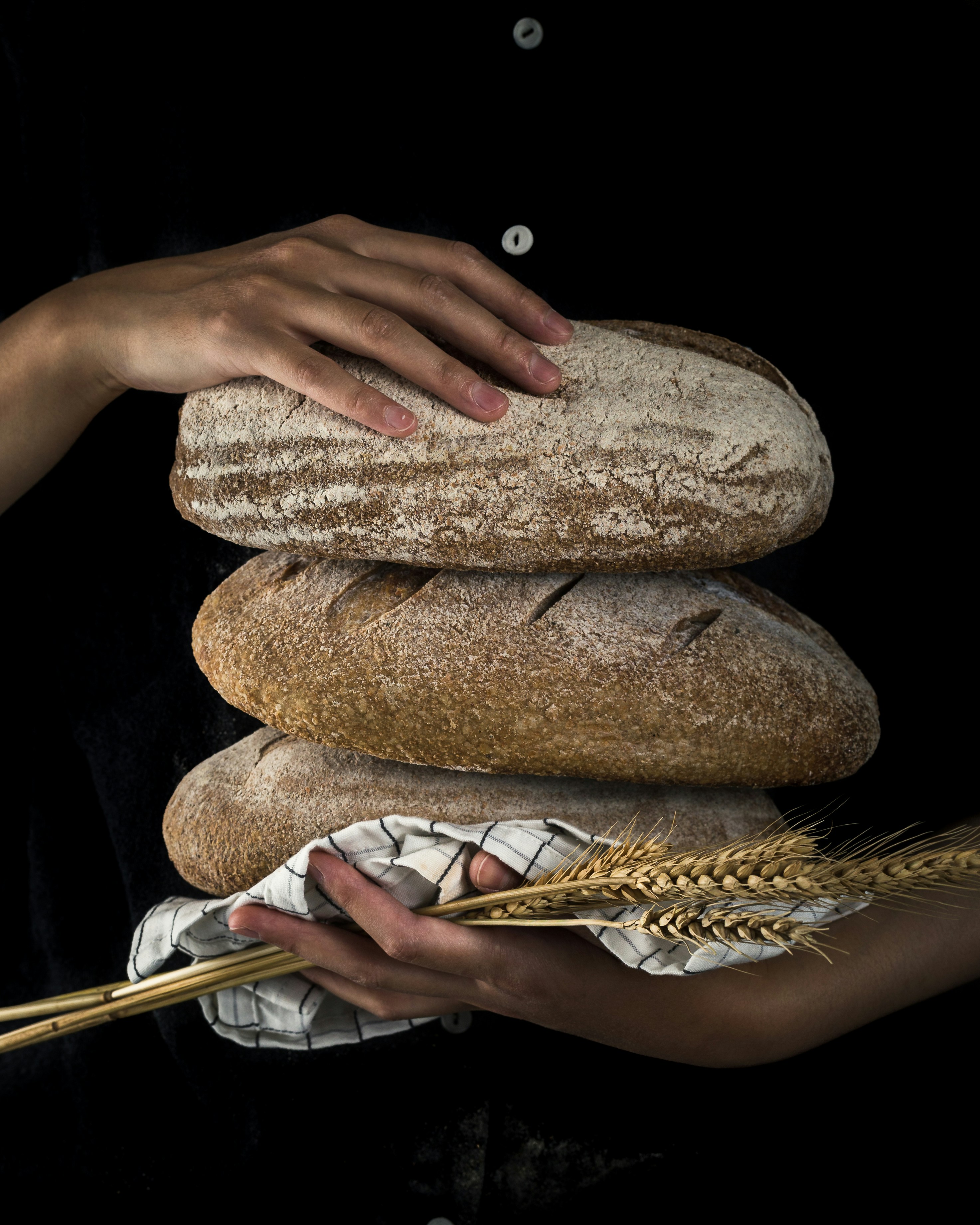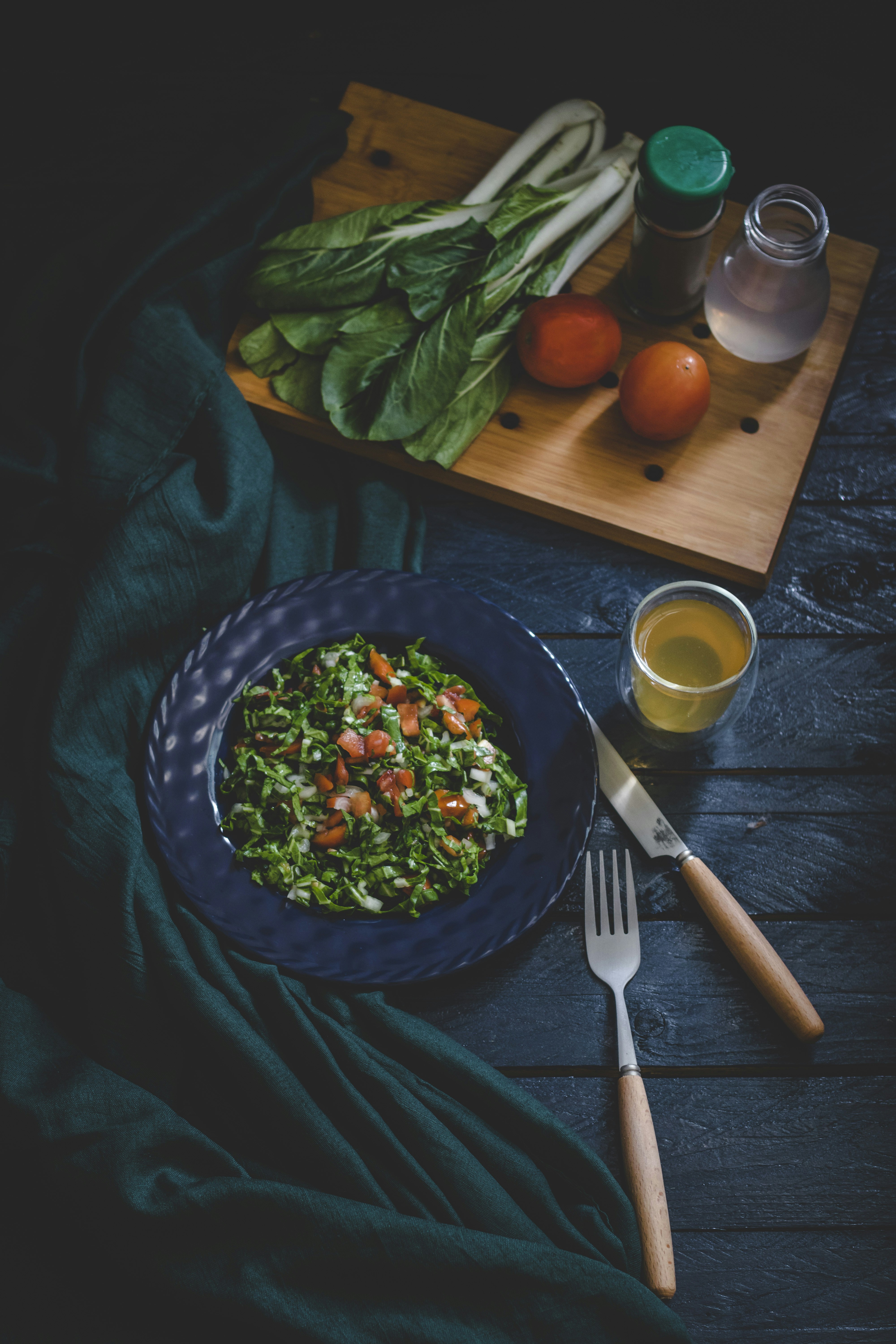So you’re wondering how to shed those extra pounds while managing your gluten intolerance? Well, fear not, because there are plenty of ways you can achieve your weight loss goals while catering to your dietary needs. Firstly, focus on consuming a well-balanced diet that is rich in fresh fruits, vegetables, lean proteins, and gluten-free whole grains. Opt for naturally gluten-free foods like quinoa, rice, and oats, and make sure to read labels carefully to avoid any hidden sources of gluten.
In addition to maintaining a healthy diet, incorporating regular exercise into your routine can greatly aid in weight loss. Engage in activities that you enjoy like walking, swimming, cycling, or even dancing to keep yourself motivated. Remember, losing weight is a gradual process, so be patient with yourself and set realistic goals. Consult a healthcare professional or a registered dietitian who can provide tailored advice and support to ensure you stay on track and achieve a healthy weight loss while effectively managing your gluten intolerance.
Understanding Gluten Intolerance
What is gluten intolerance?
Gluten intolerance, also known as gluten sensitivity, is a condition where the body reacts negatively to the proteins found in wheat, barley, and rye. When individuals with gluten intolerance consume foods containing these proteins, it can trigger an immune response and cause various symptoms. It is important to note that gluten intolerance is different from celiac disease, although they both involve a negative reaction to gluten.
Symptoms of gluten intolerance
The symptoms of gluten intolerance can vary from person to person, but common signs include bloating, gas, diarrhea, constipation, abdominal pain, headaches, fatigue, and brain fog. Skin issues like rashes and eczema can also be linked to gluten intolerance. Some individuals may experience symptoms shortly after consuming gluten, while others may not notice any immediate effects. If you suspect you have gluten intolerance, it is best to consult a healthcare professional for diagnosis and guidance.
Impact of gluten on weight
Gluten itself does not cause weight gain or weight loss. However, certain gluten-containing foods such as bread, pasta, and processed snacks can be high in calories and low in nutrients. If you have a gluten intolerance and regularly consume these foods, it becomes challenging to maintain a healthy weight. Additionally, some individuals with gluten intolerance may experience inflammation, which can affect nutrient absorption and metabolism. It is important to adopt a gluten-free diet plan that promotes overall health and weight management.
Creating a Gluten-Free Diet Plan
Consulting a healthcare professional
Before embarking on a gluten-free diet plan, it is advisable to consult a healthcare professional to ensure an accurate diagnosis and receive personalized advice. They can help determine the severity of your gluten intolerance, rule out any underlying conditions, and provide guidance on transitioning to a gluten-free lifestyle.
Identifying gluten-containing foods to avoid
When following a gluten-free diet plan, it is crucial to learn which foods contain gluten and should be avoided. Common sources of gluten include wheat-based products, such as bread, pasta, cereals, and baked goods. Barley, rye, and certain sauces, seasonings, and processed foods may also contain gluten. Reading food labels carefully and familiarizing yourself with hidden sources of gluten is essential.
Choosing gluten-free substitutes
Fortunately, there are numerous gluten-free substitutes available for gluten-containing foods. Options like gluten-free bread, pasta, and cereals can easily be found in most grocery stores. Additionally, alternative flours such as almond flour, coconut flour, and chickpea flour can be used for baking. However, it is essential to read labels and ensure the substitutes are truly gluten-free and do not contain any hidden sources of gluten.
Incorporating gluten-free whole foods
A gluten-free diet plan should not solely rely on processed gluten-free products. It is important to incorporate a variety of whole foods that are naturally gluten-free. Fruits, vegetables, lean proteins, legumes, nuts, and seeds are excellent choices. These foods provide essential nutrients, fiber, and antioxidants, promoting overall health and supporting weight management.
Maintaining a balanced and nutritious diet
A gluten-free diet plan should focus on providing a balanced and nutritious range of foods. Be mindful of meeting your daily nutritional needs by incorporating a variety of food groups. Consult with a registered dietitian for guidance on ensuring you receive adequate vitamins, minerals, and other essential nutrients while on a gluten-free diet.
Understanding Calorie Balance
Calculating daily caloric needs
To effectively manage weight, it is important to understand your daily caloric needs. Calculating your basal metabolic rate (BMR), which represents the calories your body needs at rest, and factoring in your activity level can help determine your daily caloric requirements. Various online calculators and tools can assist in estimating your individual needs.
Creating a calorie deficit
To lose weight, it is necessary to create a calorie deficit by consuming fewer calories than you burn. This can be achieved by adjusting your caloric intake and increasing your physical activity levels. However, it is crucial to maintain a balanced approach and avoid overly restrictive diets, as they can be unsustainable and lead to nutrient deficiencies.
Tracking food intake and portion sizes
Keeping track of your food intake and portion sizes can be a helpful tool when aiming for weight loss. There are numerous apps and websites available that allow you to log your meals and monitor your calorie intake. This practice promotes self-awareness and accountability, helping you make informed choices about your food intake.
The importance of mindful eating
Mindful eating involves paying attention to the present moment while eating, focusing on the taste, texture, and sensations of the food. This practice can promote healthier eating habits by enhancing satisfaction, reducing emotional eating, and preventing overeating. Practicing mindful eating can be especially beneficial for individuals with gluten intolerance, as it encourages a positive relationship with food.
Incorporating Physical Activity
Choosing suitable exercises
When incorporating physical activity into your weight loss journey, it is essential to select exercises that suit your preferences and abilities. Consider activities that you enjoy and can commit to regularly. This could include activities like walking, swimming, cycling, dancing, or participating in team sports. The key is to find activities that keep you motivated and excited to move.
Aerobic exercises for burning calories
Aerobic exercises, also known as cardio exercises, are excellent for burning calories and promoting weight loss. Engaging in activities like jogging, running, biking, or using cardio machines at the gym can increase your heart rate, boost your metabolism, and help you shed pounds. Aim for at least 150 minutes of moderate-intensity aerobic exercise per week, or 75 minutes of vigorous-intensity aerobic exercise.
Strength training for muscle development
Incorporating strength training exercises into your fitness routine is essential for weight loss and overall health. Building lean muscle mass through resistance training increases your metabolism, allowing you to burn more calories even at rest. Activities like weightlifting, bodyweight exercises, or using resistance bands can help strengthen your muscles and improve your body composition.
Incorporating low-impact exercises
For individuals with gluten intolerance, low-impact exercises can be a great option to protect joints while still getting a good workout. Low-impact exercises include activities like swimming, water aerobics, elliptical training, and yoga. These exercises are gentler on the joints while still providing cardiovascular benefits and improving flexibility and balance.
Finding enjoyable physical activities
Maintaining a long-term commitment to physical activity is easier when you find activities that you genuinely enjoy. Experiment with different forms of exercise until you discover what brings you joy and suits your lifestyle. This could involve joining group classes, trying new sports, or exploring outdoor activities. By incorporating enjoyable physical activities into your routine, you are more likely to stay motivated and achieve sustainable weight loss.
Strategies for Weight Loss with Gluten Intolerance
Maintaining a food diary
Keeping a food diary can be a valuable tool when trying to lose weight with gluten intolerance. By recording everything you eat and drink, including portion sizes, you can gain insight into your eating habits and identify areas for improvement. Additionally, a food diary can help track any symptoms or reactions you experience after consuming specific foods, aiding in the identification of potential triggers.
Finding gluten-free recipes
To avoid feeling limited in your food choices, explore gluten-free recipes that cater to your tastes and preferences. There is a wealth of resources available, including cookbooks, websites, and social media platforms dedicated to gluten-free cooking. Experiment with new ingredients, flavors, and cooking techniques to expand your culinary options and keep your meals exciting and satisfying.
Meal planning and prepping
Meal planning and prepping can be immensely helpful when striving for weight loss with gluten intolerance. By setting aside time each week to plan your meals and prepare ingredients in advance, you can save time, reduce stress, and ensure that you have nutritious meals readily available. Plan your meals around gluten-free whole foods, incorporating a balance of proteins, healthy fats, and vegetables.
Portion control techniques
Practicing portion control is crucial for weight loss, regardless of whether you have gluten intolerance or not. It is easy to underestimate portion sizes, leading to unintentional overeating. Using portion control techniques such as measuring cups, scales, or visual cues can help you establish appropriate serving sizes. Consulting a registered dietitian can provide personalized guidance on portion control.
Mindful snacking
Snacking can be a challenge when following a gluten-free diet plan, as many convenient snack options contain gluten. However, there are plenty of gluten-free alternatives available, such as nuts, seeds, fruits, yogurt, and gluten-free granola bars. Incorporate mindful snacking by being intentional about your choices, paying attention to hunger cues, and selecting snacks that provide nutritional value.
Managing emotional eating
Emotional eating can hinder weight loss efforts for individuals with or without gluten intolerance. Developing strategies to manage emotional eating is important. Engage in activities that distract you from food cravings, such as taking a walk, practicing relaxation techniques, or seeking support from trusted friends or family members. Implementing stress management techniques, such as meditation or journaling, can also help improve emotional well-being and reduce the urge to turn to food for comfort.
Seeking Professional Advice
Consulting a registered dietitian
For individuals with gluten intolerance looking to lose weight, consulting a registered dietitian who specializes in gluten-free diets can provide valuable guidance and support. They can tailor a meal plan specifically for your needs, address any nutrient deficiencies, and help you achieve your weight loss goals in a healthy and sustainable manner.
Considering a nutritionist’s guidance
While not required, considering the guidance of a nutritionist can be beneficial when navigating weight loss with gluten intolerance. A nutritionist can offer insights into optimizing your dietary choices, supplementation if necessary, and provide ongoing support and accountability as you work towards your weight loss goals.
Working with a personal trainer
For individuals looking to incorporate physical activity into their weight loss journey, working with a personal trainer may be advantageous. A personal trainer can develop a customized exercise program that considers your fitness level, any physical limitations, and your specific weight loss goals. They can provide proper form guidance, support, and motivation as you navigate your fitness routine.
Joining support groups or communities
Joining support groups or online communities focused on gluten intolerance and weight loss can provide a sense of community and understanding. It allows you to connect with individuals facing similar challenges and share experiences, tips, and advice. These groups can offer emotional support, motivation, and inspiration on your weight loss journey.
Identifying potential underlying issues
While gluten intolerance itself does not directly cause weight gain, certain underlying issues may contribute to weight management challenges. If you have been following a gluten-free diet and exercising regularly without seeing progress, it may be worth consulting with a healthcare professional to rule out other factors that could be hindering your weight loss efforts, such as hormonal imbalances or thyroid disorders.
Overcoming Challenges
Navigating social situations
Social situations can present challenges when trying to maintain a gluten-free diet plan while losing weight. Communicate your dietary needs to friends and family in advance, so they can provide suitable options. Offer to bring gluten-free dishes to gatherings or choose restaurants that offer gluten-free menu options. Educate yourself about hidden sources of gluten to ensure you make informed choices.
Eating out at restaurants
Eating out at restaurants can be intimidating for individuals with gluten intolerance. However, many restaurants now offer gluten-free menu options or are willing to accommodate special requests. Prior to dining out, research menus in advance and communicate your dietary needs to the restaurant staff. Most importantly, do not be afraid to ask questions about food preparation and cross-contamination.
Traveling with a gluten intolerance
Traveling with gluten intolerance requires some planning and preparation. Before traveling, research gluten-free-friendly destinations and restaurants. Pack gluten-free snacks and familiarize yourself with gluten-free translations in the local language if traveling abroad. Consider staying in accommodations with kitchen facilities to have more control over your meals and ensure your dietary needs are met.
Understanding food labels
Understanding how to read food labels is essential when following a gluten-free diet plan. Look for labels that explicitly state “gluten-free” or familiarize yourself with ingredients that contain gluten. Keep in mind that gluten can be hidden in products such as sauces, dressings, and processed foods. Being knowledgeable about food labeling can help you avoid accidentally consuming gluten.
Dealing with cravings and temptation
Cravings and temptation are common when trying to lose weight, and individuals with gluten intolerance are not exempt from these challenges. Developing strategies to combat cravings, such as distraction techniques, finding alternative gluten-free options, or practicing portion control, can help overcome temptations. Reflect on your motivation, and remind yourself of the benefits of your gluten-free lifestyle and weight loss goals.
Maintaining Motivation and Mental Well-Being
Setting realistic goals
Setting realistic goals is crucial for long-term weight loss success. Rather than focusing solely on the number on the scale, consider setting goals related to lifestyle changes, improved fitness, and overall well-being. Celebrate small achievements along the way to stay motivated and maintain a positive mindset.
Celebrating achievements
Celebrating achievements not only provides motivation but also boosts self-confidence and reinforces healthy habits. Each milestone reached, whether it’s losing a certain amount of weight or consistently sticking to your gluten-free diet plan, deserves recognition. Treat yourself to non-food rewards, such as a new workout outfit, a spa day, or an activity you enjoy.
Building a support system
Building a support system comprised of friends, family, or like-minded individuals can greatly contribute to weight loss success. Share your goals, challenges, and successes with them. Surrounding yourself with individuals who understand and support your journey can provide encouragement, accountability, and a sense of belonging.
Focusing on non-scale victories
While weight loss is a common goal, it is essential to focus on non-scale victories as well. Non-scale victories can include improved energy levels, increased strength, better sleep quality, or fitting into clothes more comfortably. These achievements reflect positive changes in your overall health and well-being, regardless of the number on the scale.
Practicing self-care and stress management
Prioritizing self-care and managing stress levels are vital components of a successful weight loss journey. Engage in activities that bring you joy, reduce stress, and promote relaxation, such as practicing mindfulness or meditation, taking baths, engaging in hobbies, or spending quality time with loved ones. Remember that taking care of your mental and emotional well-being is just as important as taking care of your physical health.
Potential Pitfalls to Avoid
Relying on heavily processed gluten-free products
While gluten-free products can be convenient, relying solely on heavily processed gluten-free products may not be the healthiest approach. Many gluten-free products are high in added sugars, unhealthy fats, and lack essential nutrients. Instead, focus on incorporating whole, unprocessed gluten-free foods into your diet and use gluten-free products in moderation.
Neglecting nutrient deficiencies
Following a gluten-free diet plan can increase the risk of certain nutrient deficiencies such as vitamins B12, D, and folate, as well as iron and calcium. It is important to work with a healthcare professional or registered dietitian to ensure you are receiving all the necessary nutrients. Consider supplementation if needed and regularly monitor your nutrient levels through blood tests.
Overrestricting food choices
Overrestricting food choices can lead to feelings of deprivation and may not be sustainable in the long run. While it is important to avoid gluten-containing foods, do not forget to incorporate a wide variety of gluten-free options. Balance is key. Enjoy the many naturally gluten-free whole foods, experiment with new recipes, and indulge in occasional treats to maintain a healthy relationship with food.
Ignoring portion sizes and calorie intake
Even on a gluten-free diet, portion sizes and calorie intake play a significant role in weight management. It is essential to be mindful of portion sizes and strive for a balanced calorie intake. While gluten-free foods can be healthy, they still contain calories. Overeating gluten-free foods, especially high-calorie options, can hinder weight loss efforts.
Falling for misleading gluten-free claims
The gluten-free market has expanded rapidly, and it is crucial to be aware of misleading claims or labels. Not all products labeled as gluten-free are healthy or suitable for weight loss. Read ingredient labels carefully, assess the nutritional content, and choose gluten-free options that align with your overall health goals.
Conclusion
Maintaining a healthy lifestyle while managing weight with gluten intolerance requires a comprehensive approach. By understanding gluten intolerance, creating a gluten-free diet plan, understanding calorie balance, incorporating physical activity, implementing weight loss strategies, seeking professional advice, navigating challenges, and prioritizing mental well-being, you can achieve your weight loss goals successfully. Remember that each individual is unique, and finding what works best for you is key. Embrace your gluten-free journey, adapt when necessary, and enjoy the long-term benefits of a healthier and happier lifestyle.



